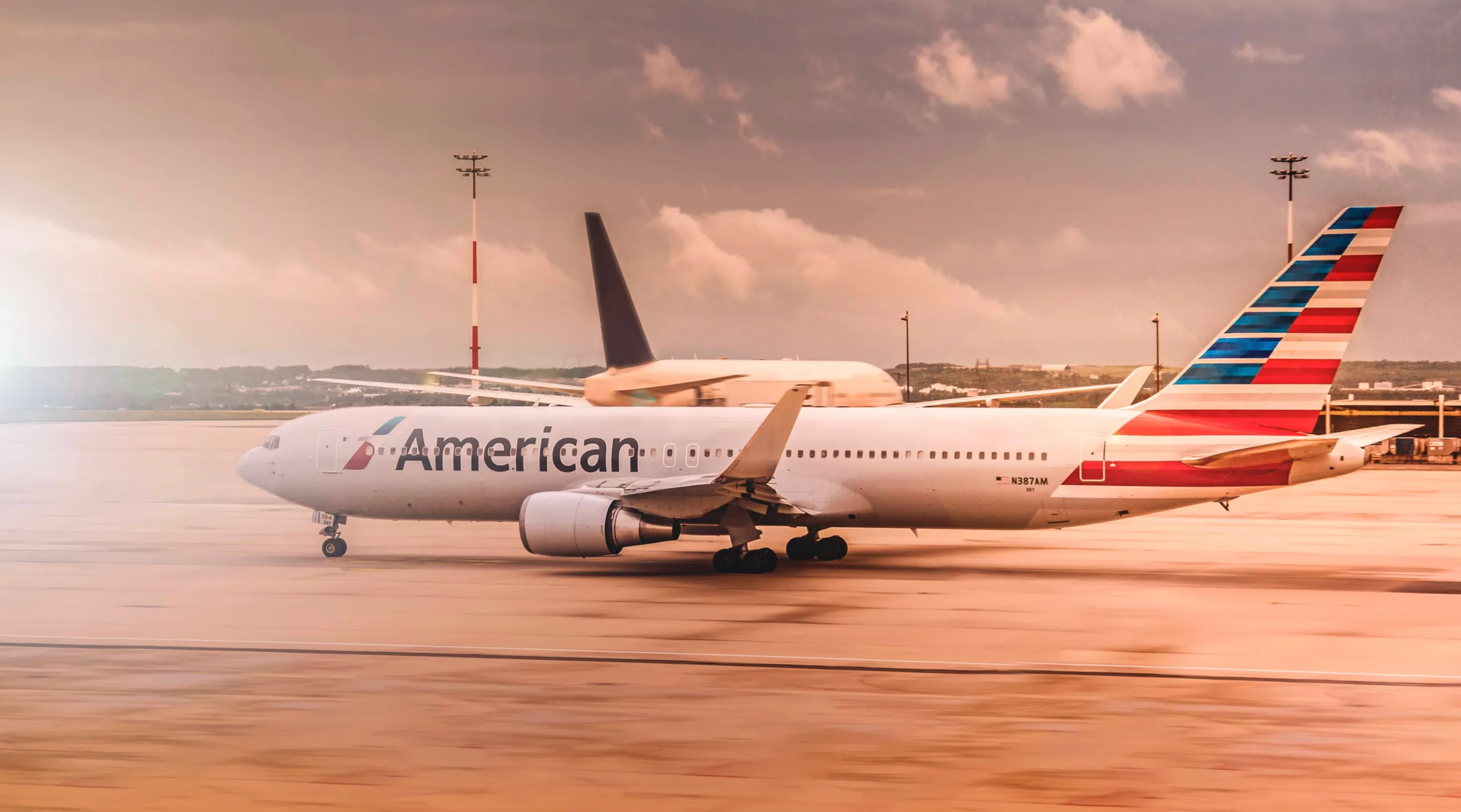In a recent legal battle that highlights the struggles of air travelers, Erika Hamilton, a mother from Oregon, secured a small claims settlement against American Airlines. Hamilton, an attorney herself, filed a lawsuit against the airline, alleging “breach of contract” and “negligent infliction of emotional distress.” Her ordeal began during a February flight from Portland to Tallahassee, Florida, with a layover in Dallas, where she was harassed by a flight attendant over the seating arrangements for her 18-month-old twin daughters.
The Flight and the Seating Dispute
Hamilton had meticulously planned her journey, purchasing one ticket for her to hold one daughter in her lap and a separate seat for the other twin, in accordance with American Airlines’ policy at the time. The policy stated that infants under the age of 2 must either be secured in an approved safety seat by the Federal Aviation Administration (FAA) or be capable of sitting upright in their seat without assistance and fastening their seatbelt during crucial phases of the flight.
However, upon boarding the layover flight in Dallas, Hamilton was confronted by a flight attendant who questioned the safety of her seating arrangement. The flight attendant insisted that it was against both FAA and airline policy for one of her daughters to fly without a car seat. Hamilton, well-versed in the regulations, promptly presented the rules to refute the flight attendant’s claims.
In an effort to resolve the situation, a fellow passenger seated behind Hamilton offered to hold one of the twins. With no other apparent option, Hamilton reluctantly accepted, even though she felt it was a less safe choice for her child. Midway through the flight, the flight attendant issued an apology to Hamilton, acknowledging the inaccuracies in her previous assertions.
American Airlines’ Response
In response to the incident, American Airlines issued a statement affirming its commitment to providing a positive and welcoming experience for all passengers, while prioritizing safety and comfort. The airline also assured that they were in contact with Ms. Hamilton and would be refunding her 4,500 miles, which were equivalent to the cost of the disputed ticket.
To provide context, Hamilton disclosed that she had spent 9,000 miles and $5.90 to purchase tickets for herself and one of her daughters. At the time, the airline’s policy specified that infants occupying a separate seat required their own ticket.
Lawsuit and the Fight for Passenger Rights
Following the flight, Hamilton reported the incident to American Airlines on February 8, with the flight attendant also submitting her own account of the events. According to the flight attendant, she had observed Hamilton having difficulties handling her twins and had expressed concerns about the children’s safety.
Dissatisfied with the airline’s initial response, which only included a $75 voucher, Hamilton pursued legal action through a small claims court. In April, she filed a lawsuit seeking $3,500 in damages, emphasizing the fundamental issue that corporate entities often escape accountability for mistreatment of consumers.
In her words, “What happened here was that American Airlines sold me a ticket, and then refused to let me use that ticket because they did not know or understand the terms and conditions of their own contract.” Hamilton’s stance is an assertion that passengers should not be left without recourse when corporations fail to uphold their contractual obligations.
Witness Testimonies and the Airline’s Defense
During the trial, two additional passengers testified in Hamilton’s favor, affirming that the flight attendant’s account of the incident was “categorically false.” This further underscores the distressing experience Hamilton endured during the flight and the necessity of the legal action she took.
In response to Hamilton’s lawsuit, American Airlines filed a Motion for Summary Judgment, contending that she could not meet the necessary elements of her claims. According to an excerpt published by TheStreet, the airline also maintained that its crew members have the authority to deny passengers the right to fly “for any reason,” asserting that this action does not breach any contractual agreements.
Conclusion: A Victory for Passenger Rights
Erika Hamilton’s case serves as a reminder of the challenges many passengers face when airlines fail to uphold their own policies and contracts. In her determination to stand up to a corporate giant, Hamilton has highlighted the importance of protecting passengers’ rights and seeking remedies for wronged travelers. Her victory in the small claims court may pave the way for enhanced accountability in the airline industry and encourage others to pursue legal action when their rights as passengers are violated.
